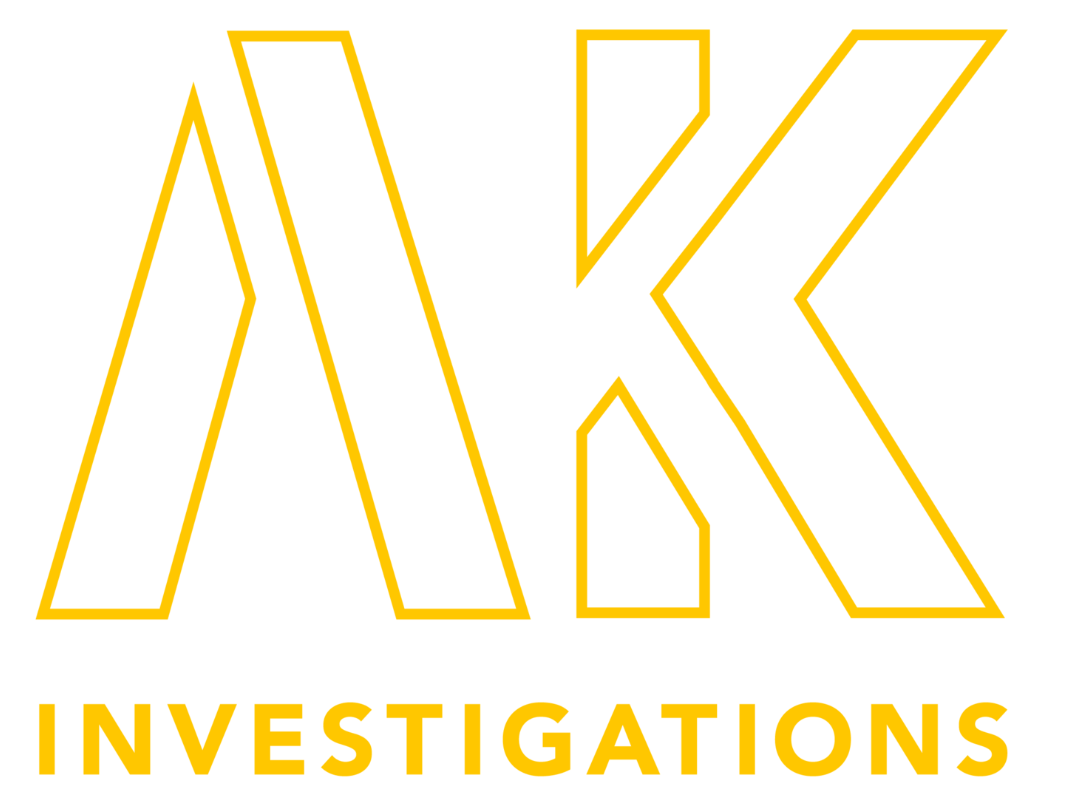You MUST Investigate the Police Investigation 🚨
Getting meta here for a second. You MUST investigate the investigation. Otherwise you’re buying into the police and prosecution narrative blindly. In criminal defense investigations, police records are among our most valuable resources and if you don’t have as many as you can get your hands on, you’re missing out on critical details. These records can shape our strategy, highlight discrepancies, and deepen our understanding of the case.
But keep in mind—these records are not always handed to us in discovery. As investigators, it’s crucial to check what records we have and identify any gaps so we can request missing pieces. It’s what makes an investigator so valuable. Here’s a closer look at some of the essential police records we rely on and the insights they offer.
📞 Call for service reports or Computer-Aided Dispatch (CAD) reports outline the steps police took from the initial call to the resolution of an incident. These reports are essential for building timelines, identifying key parties, and understanding the flow of events.
📂 Incident Reports capture the “official” account, including witness statements, officer observations, and key facts. These reports often serve as the backbone of the case, so if you notice that parts of the report are missing or incomplete, it’s important to request the full record to ensure you’re seeing the complete narrative.
📸 Mugshots taken at booking, offer a visual record of our client’s appearance at the time of arrest. This can be crucial in cases where identification is at issue.
🎙️ Radio Traffic Records between officers and dispatch captures communications as events unfold, revealing law enforcement’s response in real-time.
🎥 Body Cam & Dash Cam Footage offer firsthand documentation of police interactions, often providing crucial visual context.
👮♂️ Police Personnel Records contain details about an officer’s background, training, and disciplinary history. These records can be vital in assessing an officer’s credibility, but they aren’t often part of standard discovery.
🚓 AVL & MDC Records. Automatic Vehicle Location (AVL) and Mobile Data Computer (MDC) records track police vehicle movements and communications, essentially a digital footprint. These digital footprints can be powerful in reconstructing timelines or validating witness accounts.
🔥 HOT TIP! Police records are critical in criminal defense work, but they’re not always provided in full. Don't be surprised if your discovery is missing significant police records. You must proactively seek out these records!
If you’re interested in learning more a the ins and outs of all kinds of police reports, how to get them and how they can help your case, check out our new course on Backgrounds, Records, and Case Research, which is launching soon! We have an entire module in there on the incredible records that exist and how to track them down. 🐾
Go to this link 👉 Backgrounds Investigations Expert! And stay tuned for more updates.
